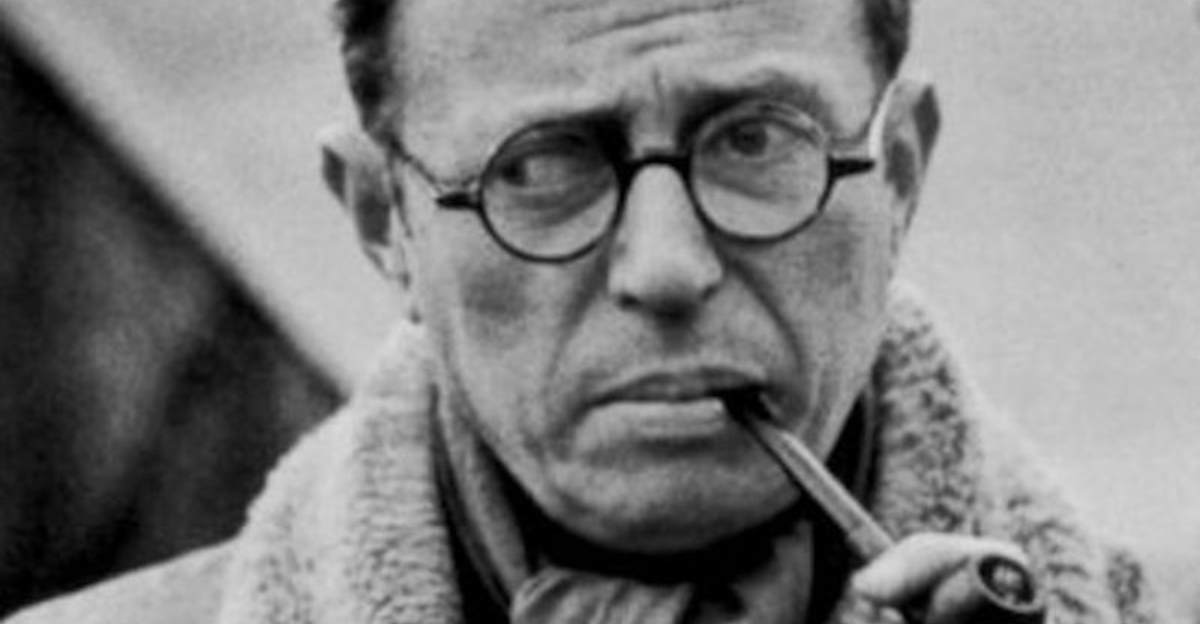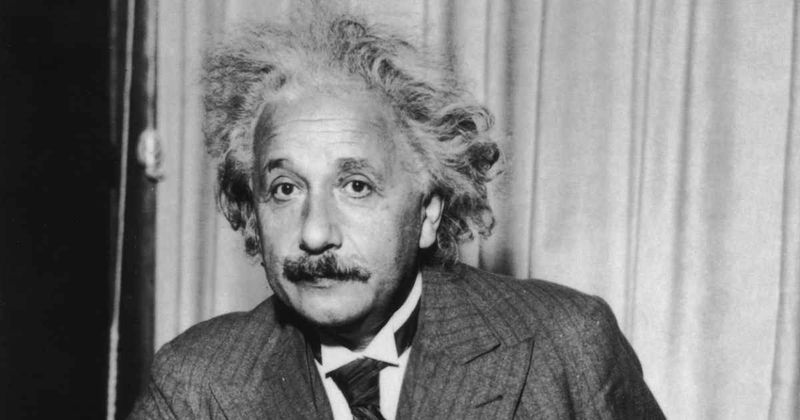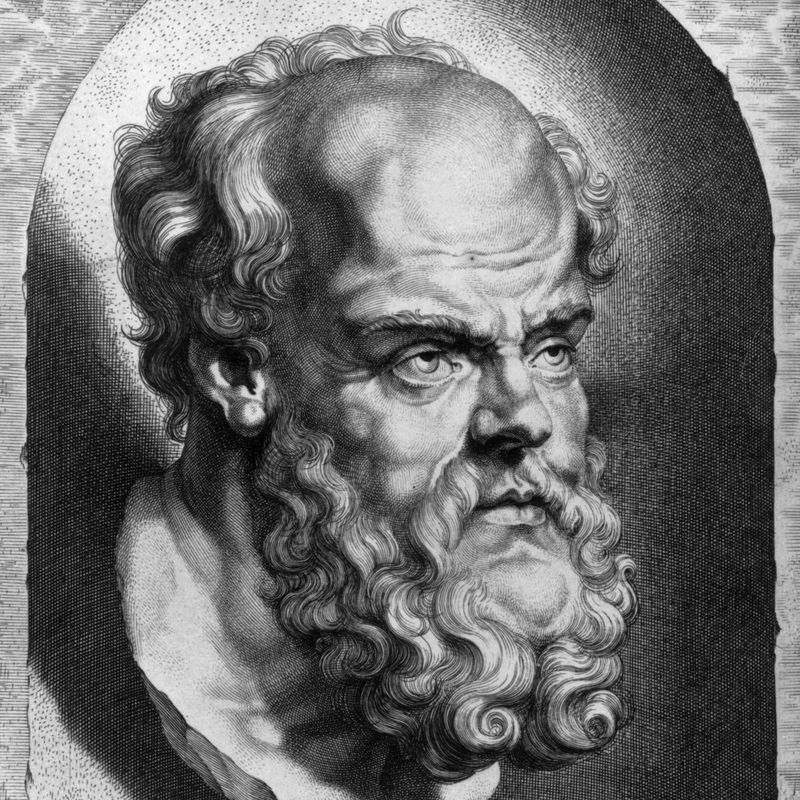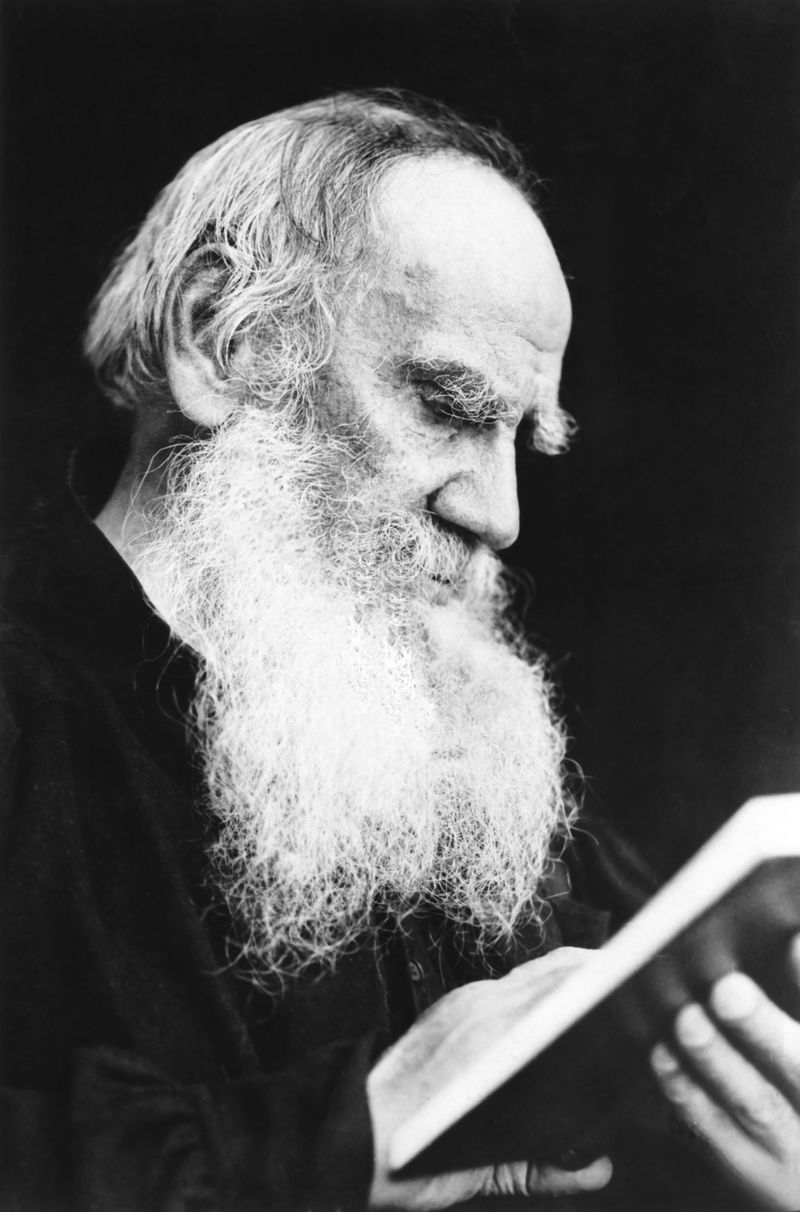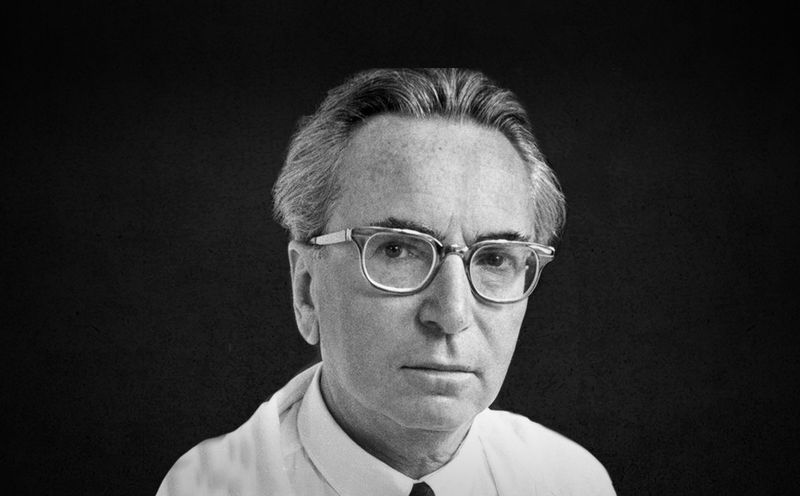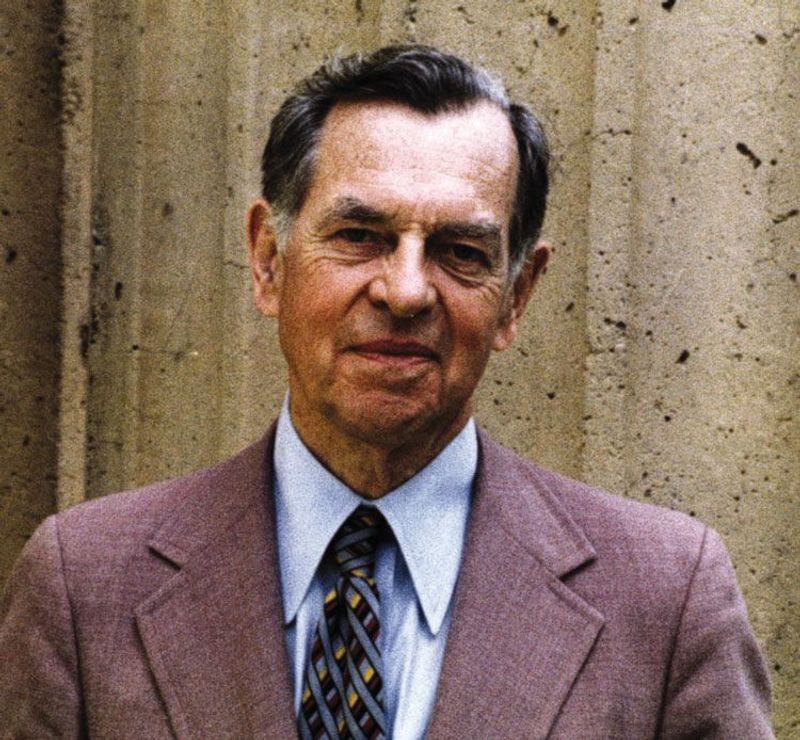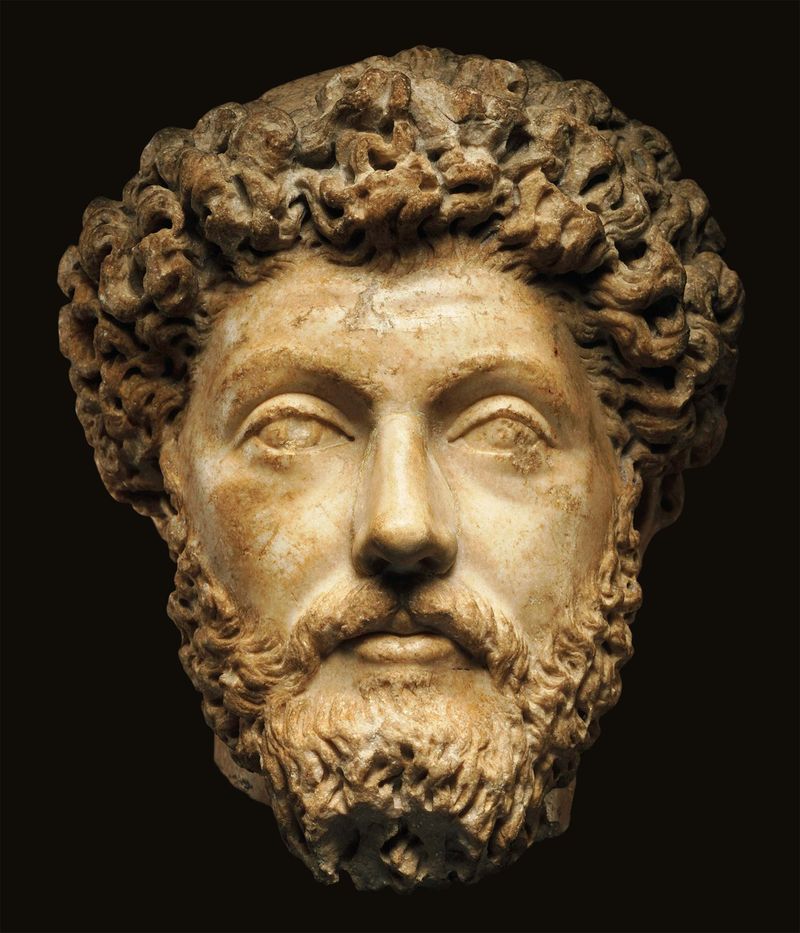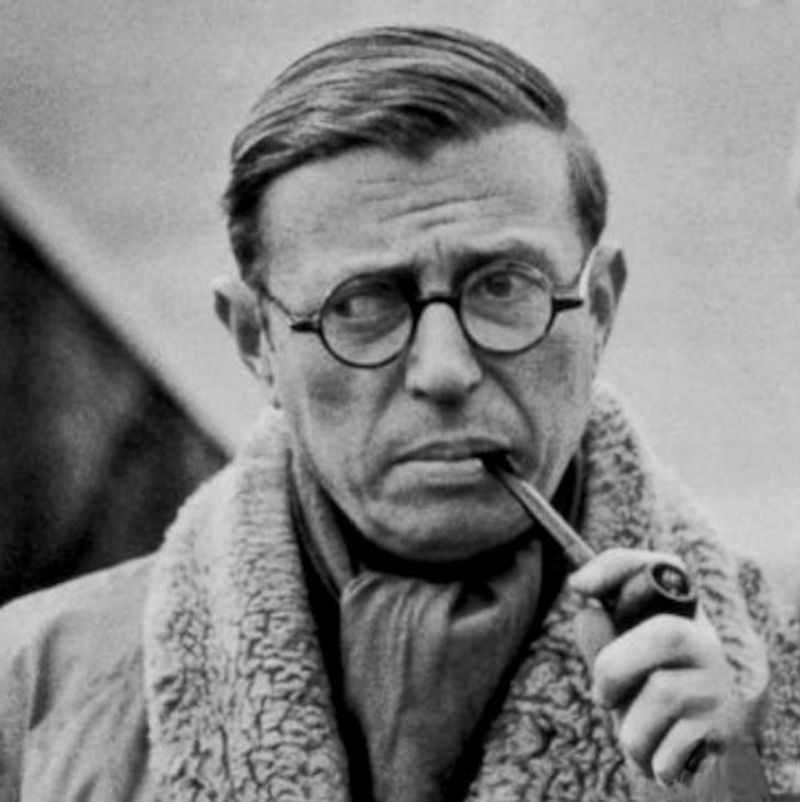Explore the profound insights from renowned thinkers like Einstein, Nietzsche, and the Buddha, who each offer unique perspectives on the meaning of life.
These timeless quotes and philosophies challenge us to reflect on our existence and find purpose in our daily lives.
1. Albert Einstein
Albert Einstein once said, “Only a life lived for others is a life worthwhile.” This sentiment captures his belief that true fulfillment comes through acts of service and kindness. Imagine him walking through a serene garden, his mind buzzing with ideas, yet grounded in empathy.
Einstein’s perspective encourages us to connect deeply with others, finding joy in shared experiences. While known for his groundbreaking theories, his greatest lesson may be the importance of compassion. Embrace this approach, and perhaps life’s complexities will untangle, revealing a path paved with understanding and purpose.
2. Friedrich Nietzsche
Friedrich Nietzsche proclaimed, “He who has a why to live can bear almost any how.” His words invite us to explore our personal motivations, the driving forces that give life its flavor, even amidst adversity. Picture Nietzsche standing against a stormy backdrop, his gaze intense and searching.
For Nietzsche, purpose was a compass, guiding through life’s storms. His philosophy encourages resilience, reminding us that understanding our ‘why’ can transform challenges into opportunities. This profound insight nudges us to dig deeper, to question our paths, and to redefine our journeys.
3. Socrates
Socrates famously stated, “The unexamined life is not worth living.” This ancient wisdom urges us to embark on introspective journeys, exploring the depths of our own minds. Envision Socrates amidst the whispers of Athens, surrounded by eager students, as he delves into the heart of human nature.
Through self-reflection and philosophical inquiry, Socrates believed we could find true understanding. His legacy invites us to question, to seek knowledge, and to never settle for ignorance. Each question asked, each thought examined, brings us closer to a life rich with meaning.
4. Buddha (Siddhartha Gautama)
The Buddha taught, “Your purpose in life is to find your purpose and give your whole heart and soul to it.” His teachings encourage mindfulness and detachment from desire, guiding us toward inner peace. Visualize the Buddha, calm and centered under the Bodhi tree, radiating tranquility.
Life’s purpose, according to the Buddha, is a journey of discovery and dedication. By embracing mindfulness, we learn to live in the present, unhindered by external distractions. This path, although challenging, promises profound peace and fulfillment, reminding us that true purpose is born from within.
5. Leo Tolstoy
Leo Tolstoy asserted, “The sole meaning of life is to serve humanity.” His life was a testament to this belief, as he dedicated his writings to exploring moral duties and altruism. Imagine Tolstoy at his desk, immersed in thought, surrounded by the aura of unyielding dedication.
Tolstoy’s ethos challenges us to consider our role in the broader tapestry of human existence. His call to action beckons us to contribute positively to society, offering our talents and time for the greater good. Here lies a powerful reminder: true fulfillment comes from serving others.
6. Viktor Frankl
Viktor Frankl, a Holocaust survivor, declared, “Life is never made unbearable by circumstances, but only by lack of meaning and purpose.” His experiences taught him that even in suffering, we can find profound significance. Envision Frankl, with unwavering strength, navigating the bleak realities around him.
Frankl’s philosophy underscores the power of purpose in overcoming adversity. It suggests that meaning transforms our perception of hardship, offering hope and resilience. By finding our unique purpose, we can transcend suffering, forging a path defined by courage and inner strength.
7. Carl Jung
Carl Jung believed, “The sole purpose of human existence is to kindle a light in the darkness of mere being.” His fascination with the psyche led him to explore the depths of human consciousness. Picture Jung in a dimly-lit study, surrounded by symbols and books, unraveling the mysteries of the mind.
Jung’s philosophy highlights the importance of self-discovery and psychological growth. By delving into our subconscious, we illuminate paths to understanding and fulfillment. This journey invites us to embrace our shadow, finding light within, and transforming mere existence into a vibrant tapestry of experiences.
8. Joseph Campbell
Joseph Campbell stated, “Life has no meaning. Each of us has meaning and we bring it to life.” His perspective celebrates the individual journey, encouraging us to craft our own stories. Picture Campbell, under a vast starry sky, inspiring others with tales of heroism and self-discovery.
Campbell’s view suggests that we are the authors of our own destinies. By embracing our personal narratives, we infuse life with unique significance. This approach invites creativity and courage, urging us to follow our bliss and forge paths illuminated by our dreams and aspirations.
9. Marcus Aurelius
Marcus Aurelius observed, “The happiness of your life depends upon the quality of your thoughts.” As a Stoic philosopher and Roman emperor, he combined leadership with philosophical insight. Imagine Aurelius in a grand Roman hall, introspective, the weight of the empire upon his shoulders.
His wisdom emphasizes the power of disciplined thought in shaping our reality. By cultivating a virtuous mind, we unlock the potential for a fulfilling life. Aurelius’s insights motivate us to master our thoughts, transforming challenges into triumphs, and leading lives of intentionality and grace.
10. Jean-Paul Sartre
Jean-Paul Sartre posited, “Life has no meaning a priori… it is up to you to give it a meaning.” This existential perspective empowers individuals to define their own essence. Picture Sartre in a lively Parisian café, contemplatively sipping coffee, surrounded by thinkers and dreamers.
Sartre’s philosophy invites us to embrace freedom and responsibility, crafting meaning through choices and actions. In a world devoid of inherent purpose, we become the architects of our fate. This freedom, while daunting, offers boundless opportunities for personal growth and fulfillment, urging us to live authentically.
